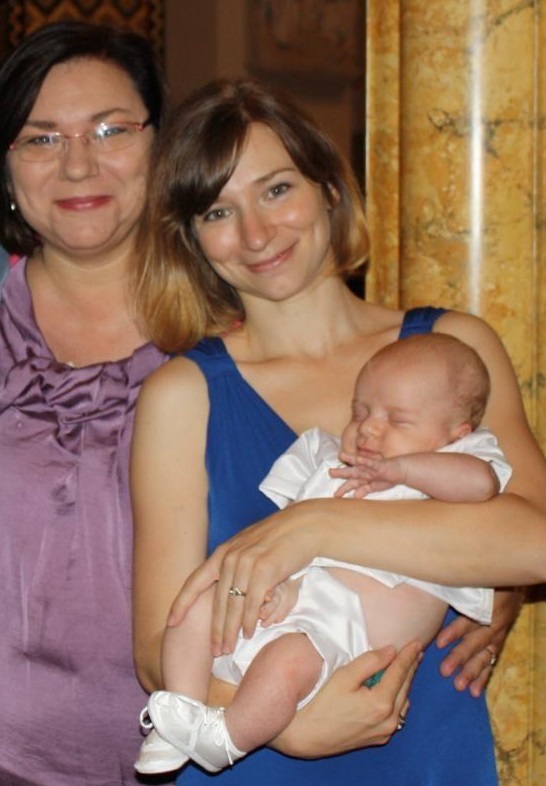After a long rainy summer filled with doctor visits, I was finally diagnosed with triple-negative inflammatory breast cancer (TN IBC) at the age of 49. I completed treatment in June 2008 and was grateful to have a new phase to my vocabulary – NED, ‘no evidence of disease’. Since there was no cancer history in my family tree, genetic testing was not offered to me. Fast forward to 2013, with a stronger knowledge base of BRCA gene testing, my medical team suggested I be tested and I agreed. My test results revealed that I carried a BRCA1 mutation, which meant that my children could have the gene as well. I strongly feel that any tool that can be of help to my family to be educated is important, as well as helping medical advancement. This testing could let my children and grandchildren know if they are at risk for breast and ovarian cancers. My three daughters subsequently had testing and my oldest daughter, Natalie, was also found to have this mutation. As Natalie has so eloquently stated after finding out, “I’m glad I’m armed with this knowledge so I can make informed decisions.” [https://www.theibcnetwork.org/moms-daughters/].
 After my diagnosis of IBC, I was shocked at how little information was available regarding this type of breast cancer, and even more shocked at the lack of research and education considering it was first written about in the 1800’s. I formed the IBC Network Foundation, to encourage education and fund research for this orphaned form of breast cancer. I am pleased that we have managed to put almost 1 million dollars to research in five years. Our impact is now global, as we also have a sister charity in the UK funding research.
After my diagnosis of IBC, I was shocked at how little information was available regarding this type of breast cancer, and even more shocked at the lack of research and education considering it was first written about in the 1800’s. I formed the IBC Network Foundation, to encourage education and fund research for this orphaned form of breast cancer. I am pleased that we have managed to put almost 1 million dollars to research in five years. Our impact is now global, as we also have a sister charity in the UK funding research.
Vanderbilt is a leading cancer center, but I became familiar with some interest in TN IBC over a chance meeting with some researchers at a conference. I was pleased to see their passion and therefore saw the need for funding. Our foundation has committed to funding TN research at Vanderbilt.
Upon learning about the Inherited Cancer Registry (ICARE) based at Vanderbilt, I was excited to join to contribute to the research mission, as well as being given the opportunity to receive regular research and clinical updates. As much as it might seem frightening to some to join a registry like this, I am grateful for the opportunity to help pay it forward by supporting inherited cancer studies in the hopes we can all live well and have long healthy lives.
―Terry Arnold, ICARE Participant
